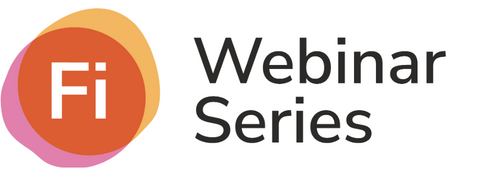Content Spotlight
‘I combined my cultural heritage with sustainable design to create a food business that does good’ - Rebecca Ghim [Interview]
With a passion for sustainable design and traditional fermentation, Rebecca Ghim founded The Ferm, a UK startup that makes kimchi and Korean pickles using locally sourced, rescued vegetables, such as beetroot leaves, cauliflower leaves, and broccoli stalks.



